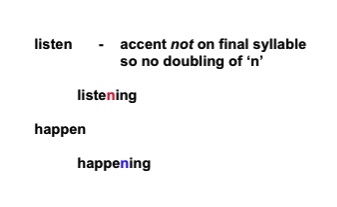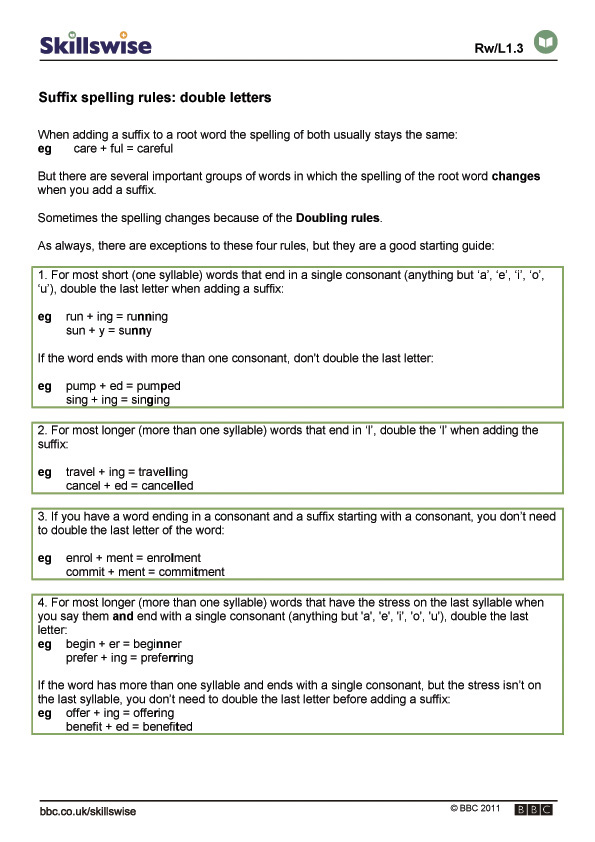I am referring to the use of the verb "to buffet" meaning
"(especially of wind or waves) strike repeatedly and violently; batter."
The use of "buffeted" and "buffeting" is widespread. However use of "buffetted" and "buffetting" still occurs. There is, incidentally, a huge ratio in favour of the single "t" (about 4:1 200 years ago, currently about 60:1).
However, to my British eye, the single "t" looks wrong though, in a similar way to "travelers" and "travellers" being the AmE and BrE spellings.
Some websites list the double "t" spelling, but I've yet to find any that qualify it as being British. Nor do they label it as obsolete, archaic or any of the other indications that I should ignore my feelings and accept the single "t" as the currently accepted spelling. N.B. I am deliberately avoiding the word "correct" :-)
Curiously, I've just found a 1764 English - French dictionary that translates "buffetted" as "soufleté" in French, a word which is now spelled with a double "f" as "*souffleté" (meaning "slapped" or similar). I love how fluid language is over time.


